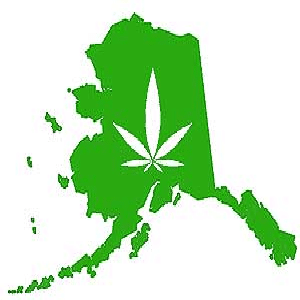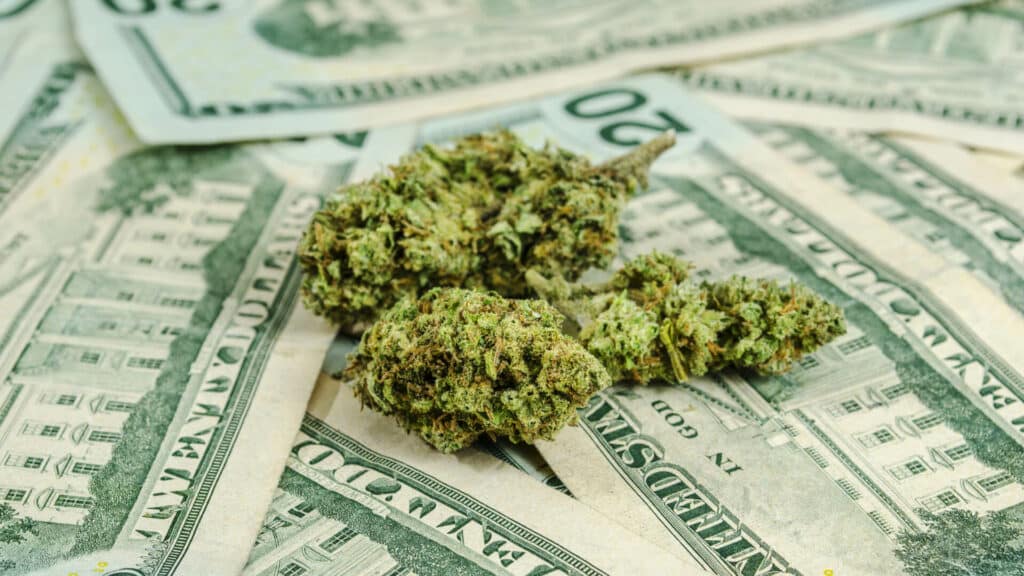 The Campaign to Regulate Marijuana In Alaska turned in roughly 46,000 signatures this week to put marijuana legalization on the 2014 ballot. At least 30,169 of those signatures would have to be valid in order for the initiative to gain ballot access. That’s not an unheard of validation rate, but then again it’s not exactly low either. It should be enough to get approval, but only time will tell.
The Campaign to Regulate Marijuana In Alaska turned in roughly 46,000 signatures this week to put marijuana legalization on the 2014 ballot. At least 30,169 of those signatures would have to be valid in order for the initiative to gain ballot access. That’s not an unheard of validation rate, but then again it’s not exactly low either. It should be enough to get approval, but only time will tell.
If the Campaign to Regulate Marijuana in Alaska gets past the validation hurdle, Alaska voters would get the chance to make Alaska the third state to legalize marijuana, joining Colorado and Washington State. There are many other states trying to be lucky number three, however, since Alaska’s primary is in August, it would get the chance to vote before other states that also get marijuana legalization on the ballot.
Alaska has a great shot at winning on Election Day, since demographics are very friendly up there for marijuana reform. Alaska has the youngest population of any state by far, and younger voters are much more likely to support marijuana legalization. From what I’ve been told by friends that have lived in Alaska, the attitude up there is ripe for reform. Below is a summary of the initiative, taken from the campaign’s website:
The following is an overview of the proposed ballot measure. The full text of the measure can be viewed here.
- Includes a statement saying the initiative is not intended to diminish the rights established by the Alaska Supreme Court in the Ravin case, which allow citizens to possess a limited amount of marijuana in their homes. It also includes a statement saying the initiative will not diminish the rights of patients or caregivers under Alaska’s medical marijuana law.
- Makes possession of up to one ounce of marijuana and up to six plants (three flowering) legal for adults 21 years of age or older. It also allows adults to possess the marijuana produced by the plants on the premises where the plants are grown.
- Makes manufacture, sale and possession of marijuana accessories legal.
- Grants regulatory oversight to the Alcoholic Beverage Control Board, but gives the legislature the authority to create a new Marijuana Control Board at any time. The regulatory board has nine months to enact regulations, and applications shall be accepted one year after the effective date of the initiative.
- Creates the following marijuana establishments: marijuana retail stores, marijuana cultivation facilities, marijuana infused-product manufacturers, and marijuana testing facilities.
- Allows localities to ban marijuana establishments, but they cannot prohibit private possession and home cultivation.
- Establishes an excise tax of $50 per ounce on sales or transfers from a marijuana cultivation facility to a retail store or infused-product manufacturer.
- Consumption of marijuana in public will remain illegal and punishable by a $100 fine.
- The initiative does NOT change existing laws related to driving under the influence.
- Allows employers to maintain restrictions on marijuana use by employees.




